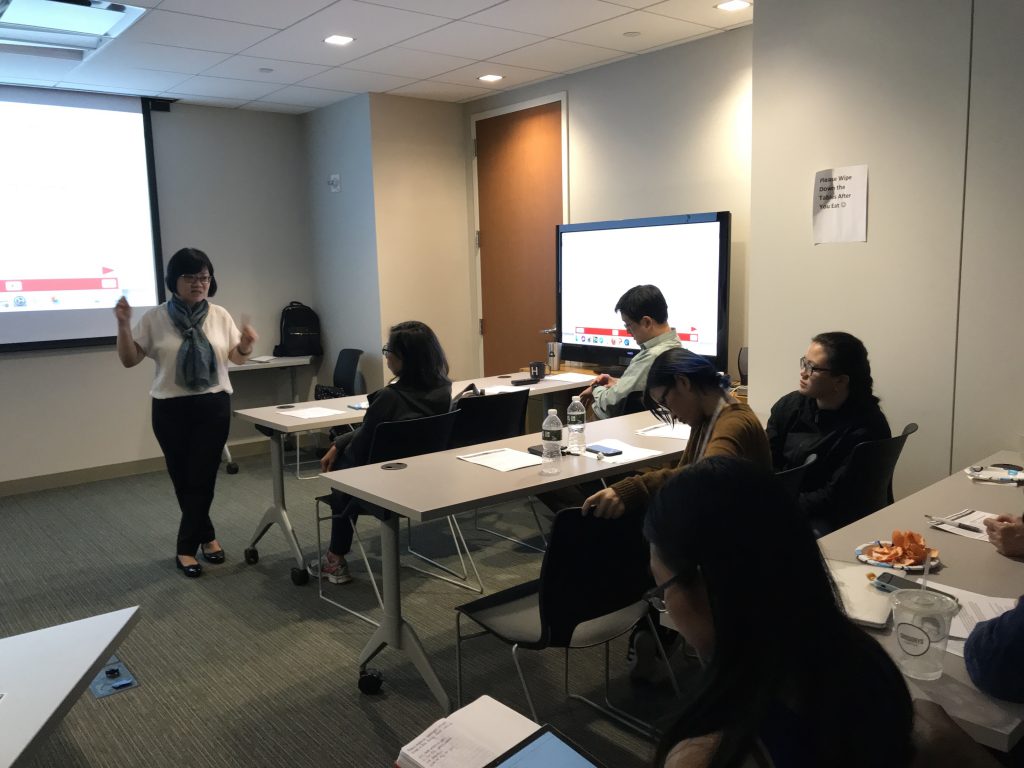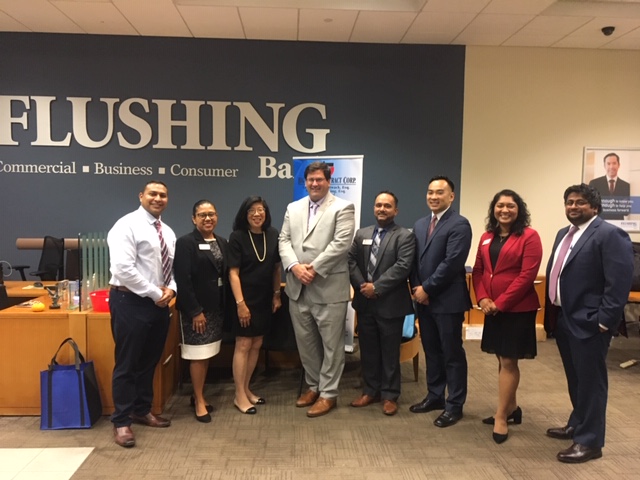For Immediate Release
October 2, 2019
| For More Information, Contact:
Navdeep Singh, Policy Director
202-775-9555; nsingh@napaba.org |
WASHINGTON – Late yesterday, Judge Allison D. Burroughs of the U.S. District Court for the District of Massachusetts issued a ruling that upheld the use of race conscious admissions in Students For Fair Admissions v. Harvard.
NAPABA applauds the Court for reaffirming that (1) diversity remains a
critical and compelling interest for universities to achieve; and (2)
the consideration of race as one of many factors in a holistic
admissions process is a permissible means to evaluate an individual
student’s application.
“The
ruling makes clear that it is vital for students to be able to share
their whole selves when applying to college,” said NAPABA President
Daniel Sakaguchi. “NAPABA is encouraged that the Court upheld the
principle of holistic, race-conscious admissions, recognized that race
continues to matter in people’s daily lives and experiences, and
eloquently underscored the importance diversity in education. While the
Court found Harvard did not engage in intentional discrimination against
Asian American applicants, NAPABA also supports continuing efforts by
colleges and universities to improve their admissions processes,
including work to recognize and address implicit bias, so that all parts
of a thoughtful and holistic admissions system work together to ensure
that all students have equal opportunities free from discrimination.”
NAPABA supports efforts to increase diversity, equity, and inclusion in education and the consideration of race as part of a holistic, individualized admissions process.
###
The
National Asian Pacific American Bar Association (NAPABA) is the
national association of Asian Pacific American (APA) attorneys, judges,
law professors, and law students. NAPABA represents the interests of
over 50,000 attorneys and over 80 national, state, and local bar
associations. Its members include solo practitioners, large firm
lawyers, corporate counsel, legal services and non-profit attorneys, and
lawyers serving at all levels of government. NAPABA engages in
legislative and policy advocacy, promotes APA political leadership and
political appointments, and builds coalitions within the legal
profession and the community at large. NAPABA also serves as a resource
for government agencies, members of Congress, and public service
organizations about APAs in the legal profession, civil rights, and
diversity in the courts.



